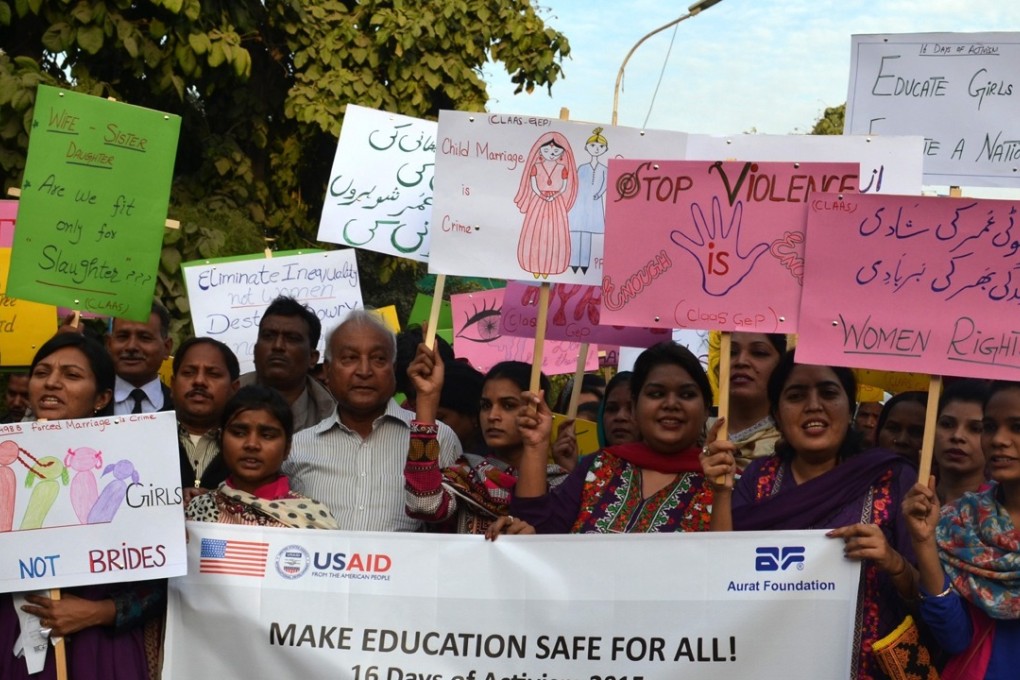Together, we can ensure gender-based violence has an expiry date
Phumzile Mlambo-Ngcuka says political commitments can and must be made for a zero-tolerance approach to violence against women and girls

Violence against women and girls is a global epidemic. One in three women worldwide experience physical and/or sexual violence at some point in their lives. This is not acceptable or inevitable. It can be prevented. We must, now, take a zero-tolerance approach at the highest levels of leadership.
Men and boys must challenge unequal power relations, police must respond to signs of abuse ... schools must teach both boys and girls to aim high
Just imagine how different the world would be if we could prevent female genital mutilation, rape, the enslavement or trafficking of women, domestic violence, child brides, abuse on the internet, or the hostility of police to women in search of protection and justice.
This week, more than 150 global leaders, experts and influencers have come together in Istanbul to assess progress made in the past two decades and reaffirm, as an immediate priority, political commitments to end the persistence of violence against women and girls.

In our work, we must leave no woman behind. In the new 2030 Agenda for Sustainable Development, we now have, for the first time, explicit international targets to eliminate all forms of violence against women.
READ MORE: How data can strengthen the fight to end violence against women
As an immediate priority, under the recently launched UN Framework to Underpin Action to Prevent Violence against Women, governments should develop and fund comprehensive prevention strategies. We also need integrated multisectoral services that respond to the legal, medical and psychological needs of survivors.
